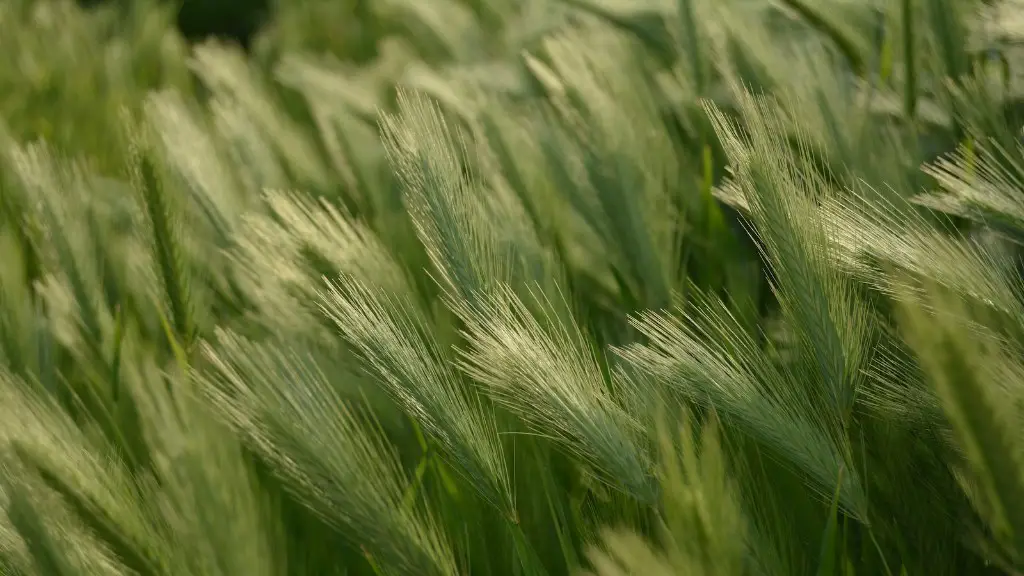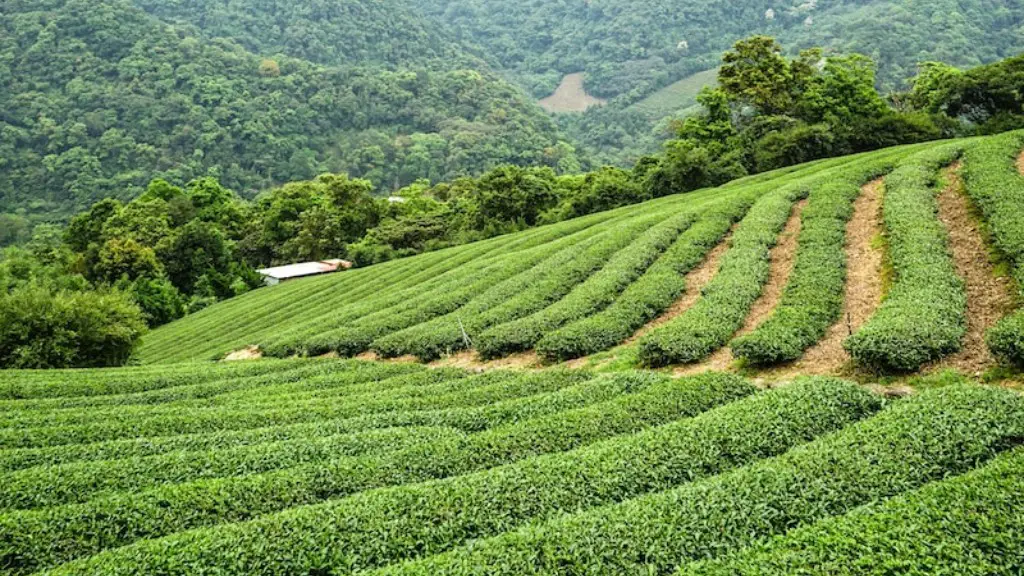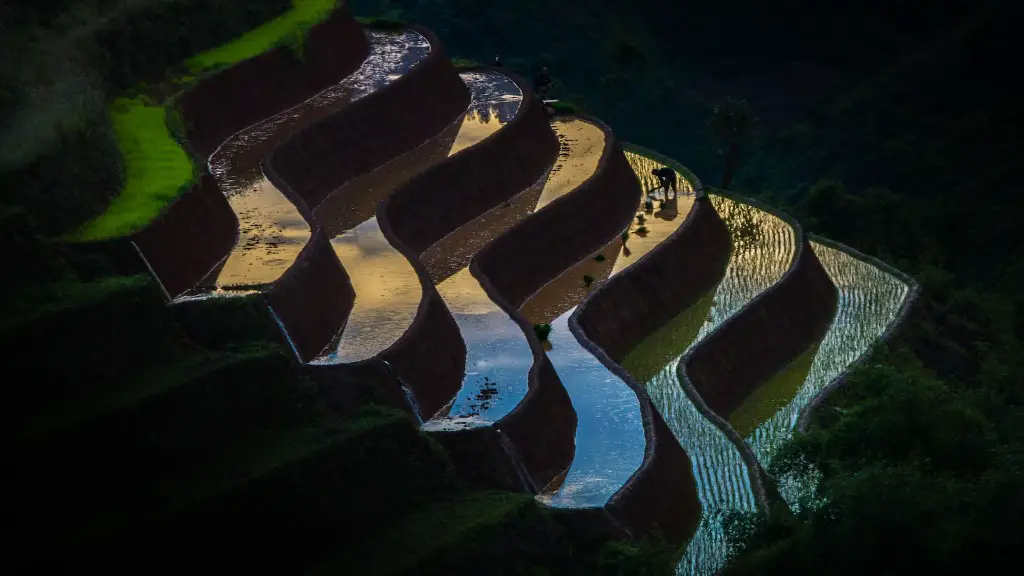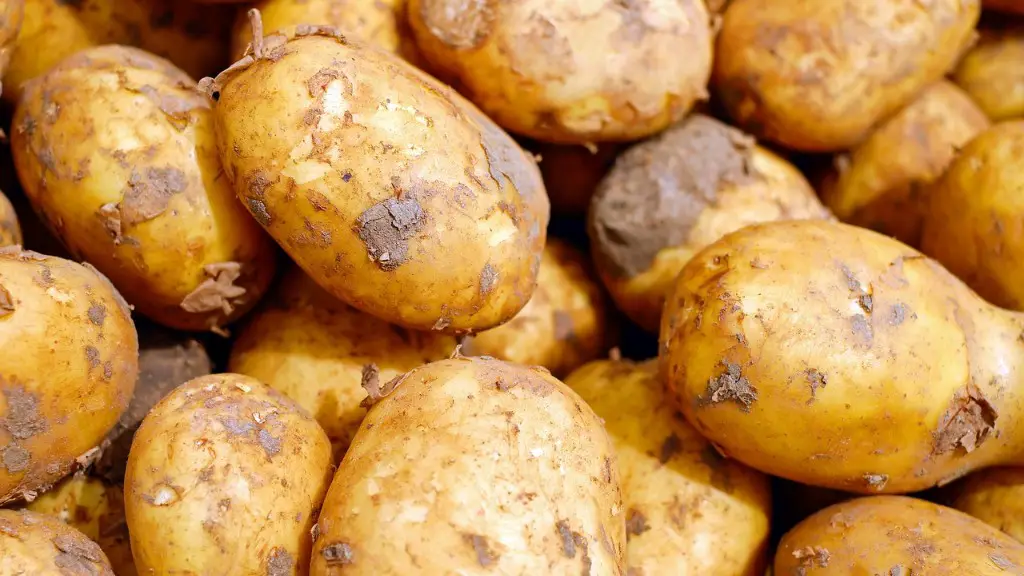Agriculture is an essential component of human society, providing nutrition, livelihoods, economic development, and environmental protection. The importance of agriculture to society is often overlooked, but it is an essential part of our lives, providing the food we eat, the fuel we use, and the jobs we rely on. Agriculture is essential for the sustainability of our planet, providing the resources needed to feed humanity, while protecting the environment by reducing pollution and controlling pest species.
Agriculture is a major source of income for many individuals and rural communities. It provides jobs, opportunities for self-sufficiency, and access to markets, driving local and regional economies. By supporting the production of food, medicine, clothing, and other goods, agriculture helps to create a sustainable livelihood in poor and emerging economies.
Agriculture also plays an important role in preserving biodiversity by sustaining natural ecosystems. Many species depend on agricultural land for food, shelter, and habitat. Agroecology, a science that focuses on sustainable agricultural practices, helps to maintain natural habitats and reduce the environmental impacts of industrial farming.
One of the most important components of agriculture is its ability to feed the growing population of the world. As population growth outpaces the ability of the earth to produce enough food, agriculture is essential to ensure that everyone has access to enough nutritious food. To this end, agricultural research and technology focuses on producing higher yields, developing pest-resistant crops, and ensuring resources are used more efficiently.
Agriculture has played an integral role in the development of human civilization, as it provides the food and resources necessary for communities to survive and flourish. By providing food, clothing, and shelter, agriculture has enabled communities to develop and grow, laying the foundations for modern civilization.
Agriculture is important to us all, as it provides us with food, energy, and a livelihood. It plays a vital role in protecting the environment, providing essential goods and services, and combating poverty and inequality. Agriculture is essential for sustainable development, and we must support it if we are to ensure a secure future for all.
Agriculture and Food Security
Food security is the ability of an individual, family, or community to access sufficient, safe, and nutritious food to support a healthy and active life. Agriculture is essential to this goal, producing food, preserving biodiversity, and providing an income for individuals and rural communities. Ensuring access to food requires research and technology, such as improved crop yields, pest management programs, and water conservation initiatives.
In addition to producing food, agriculture is important to the stability of entire societies. Small-scale farming offers families and communities the opportunity to access local markets and resources, which can create economic opportunities and foster economic development.
Feeding the growing global population is an increasing challenge, and agriculture is essential to both current and future food security. To meet this challenge, governments, farmers, and investors must increase agricultural output, while utilizing sustainable production methods, such as pest management and water use efficiency.
Agriculture is an essential component of food security, and its importance will only increase as global populations expand. To ensure food security for future generations, nations must invest in research, technology, and sustainable agricultural practices, so that they can produce enough food while preserving biodiversity and protecting the environment.
Economic Development
Agriculture is a major source of jobs and income for many rural communities and individuals. The sale of crops and livestock, or even just the use of local resources, can provide an income, which can be reinvested in education and other services.
Agriculture provides key inputs and services to crop production, such as land, water, seed, fertilizer, and labor, as well as delivery and distribution services. These activities are essential for economic development, as they create and support jobs, generate income, and provide essential goods and services.
The economic benefits of agriculture extend beyond rural areas. Agriculture provides vital inputs to manufacturing, and the processing, transportation, and manufacturing of agricultural goods are all major contributors to economic growth. Agriculture also creates opportunities for trade, providing access to global markets.
Agriculture is an essential component of economic development, providing jobs and income for individuals and communities. To ensure sustainable economic development, nations must invest in research, technology, and sustainable agricultural practices, so that they can produce enough food while maintaining natural habitats and protecting the environment.
Environment Protection
Agriculture has an impact on the environment, but it is also an essential tool in preserving the environment. By producing food while preserving biodiversity and controlling pests, agriculture helps to maintain natural habitats and reduce the environmental impacts of industrial farming.
Agroecology, an interdisciplinary field that focuses on sustainable agricultural practices, helps to maintain natural habitats and reduce the environmental impacts of intensive farming. Practices such as crop rotation, soil conservation, and water use efficiency can reduce erosion and increase yields, thereby reducing environmental impacts.
Agriculture is also essential for mitigating the impacts of climate change. Sustainable agricultural practices, such as reducing inputs of chemical fertilizers, reducing tilling, and adopting no-till methods, can improve soil health and reduce emissions of greenhouse gases.
Agriculture is essential for environmental protection, as it provides the resources necessary to feed humanity, while preserving natural habitats and reducing pollution. To ensure a secure future for all, nations must invest in research, technology, and sustainable agricultural practices, so that they can produce enough food while protecting the environment.
Agricultural Technology
Agricultural technology is an essential tool in the sustainable production of food, water, and fuel. Innovations such as improved crop varieties and pest management practices help to increase yields, reduce inputs, and improve resource use efficiency.
Research has also enabled new tools and techniques, such as precision agriculture and gene editing, which enable farmers to accurately monitor crops and manage pest and weed pressures. These advances help to increase efficiency and reduce inputs while maintaining yields and protecting the environment.
Climate change is a growing challenge for agriculture, and agricultural technologies are essential for adapting to warming temperatures and extreme weather events. By providing data-driven insights, technology can help farmers optimize their production and management decisions to ensure that crops stay resilient in the face of extreme weather.
Agricultural technology plays an important role in the sustainable production of food, water, and fuel. To ensure food security for future generations, nations must invest in research and technology, so that they can produce higher yields, develop pest-resistant crops, and ensure resources are used more efficiently.
Poverty and Inequality
Poverty and inequality remain two of the world’s greatest challenges, and sustainable agricultural practices are essential for addressing these concerns. Agriculture provides vital employment opportunities, access to food and resources, and economic development, all of which are necessary for reducing poverty and inequality.
Agricultural practices, such as agroecology, can increase access to resources and create jobs and income, which can be reinvested in communities. Agroecology also helps to reduce environmental impacts, preserving biodiversity, reducing pollution, and managing pest population.
Investments in research and technology can provide access to new markets, while driving technological innovation in agriculture. These investments can help to provide greater access to food, improve resource use efficiency, and reduce the environmental impacts of agricultural production.
Agriculture is essential in the fight against poverty and inequality. To combat these challenges, nations must invest in research, technology, and sustainable agricultural practices, so that they can reduce poverty and inequality while preserving natural habitats and protecting the environment.





